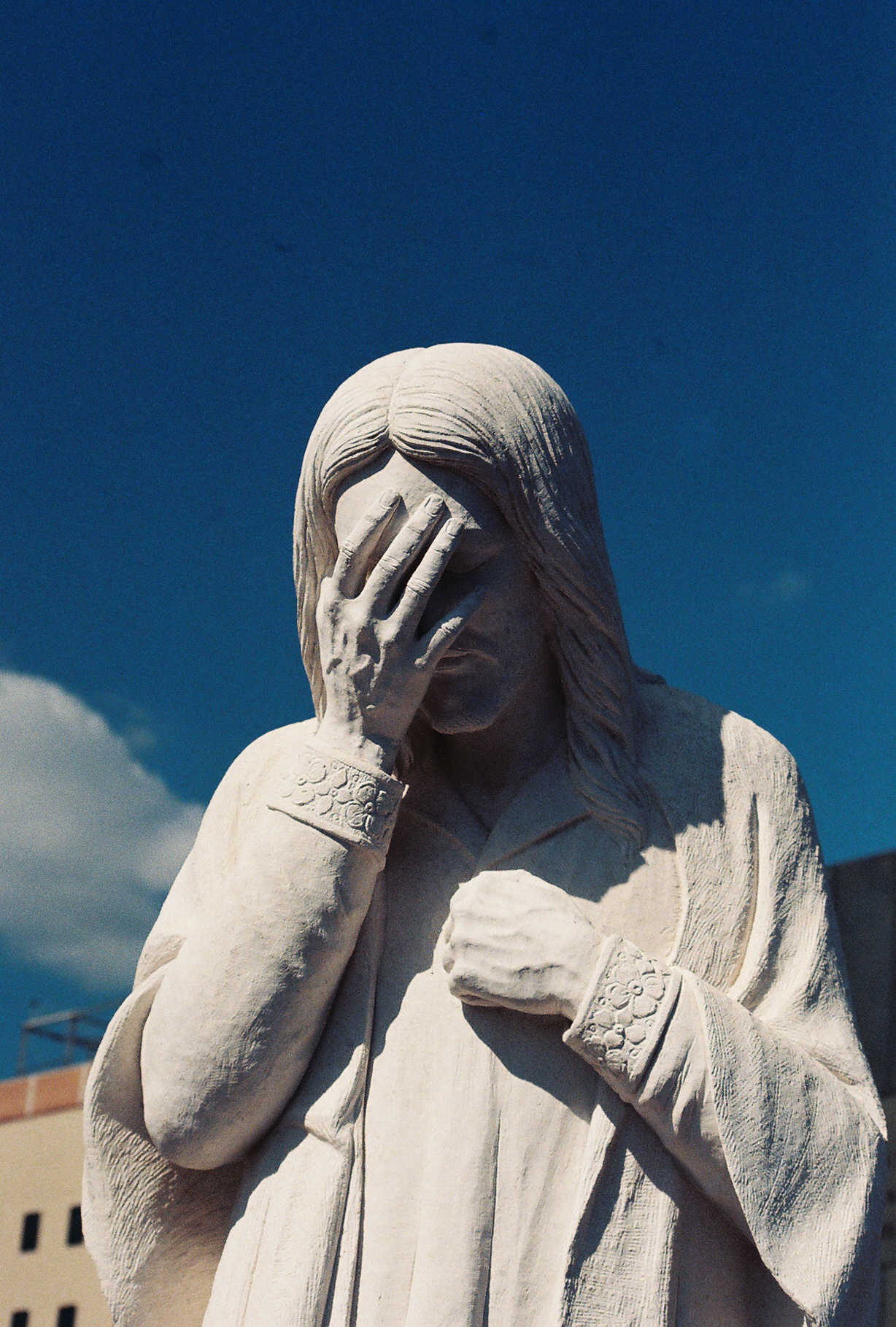I recently ran across an article on John C. Wright’s blog (written by his wife) called “Redeeming Villains: How Not To Do It.” It excellently makes the connection between the current trend of “victimizing” traditional villains, and “demonizing” traditional heroes. At first, I wasn’t quite sure what to think, but the more I looked at it, the more I think she’s on to something.
The gist of Wright’s point is not that the villains can’t be redeemed. It’s that to do so, the writers have resorted to demonizing something else that would traditionally be wholesome, or was wholesome in the original story. Of course, nobody is really evil, because they’re just victims, too! Poor villain. Nobody understands their struggle, when all they want is to be loved. And destroy all that is good.
The danger underlying this thinking is that it insinuates everybody who does something wrong has good motives, deep down… if you dig deep enough or spin a back story long enough, that “there is good in all of us.” The problem is, that’s just not the case. This is the “not-my-fault” mentality, the rationalization of evil. The lie of “with enough love, anything can be justified.” Wright even goes so far as to say it’s a case of blaming the victim.
Let’s look at some examples: Continue reading “Villain Is The New Hero”

